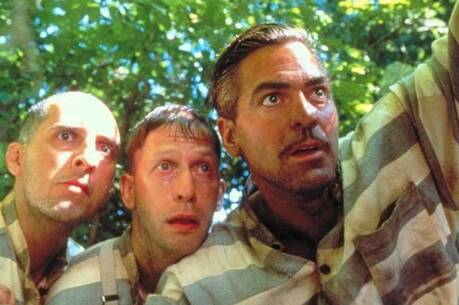On Friday evening, Sept. 29, poets, musicians, theologians and friends gathered in the James Chapel at Union Theological Seminary in New York City to celebrate the life and work of the Orthodox priest Alexander Men. Among other delights, we heard from Father Men’s son Mikhail, currently vice governor of Moscow, who assured us that his father’s work continues in Russia today.
When I first heard about the murder of Alexander Men, wrote the New Yorker magazine editor David Remnick in Lenin’s Tomb, I did not understand the importance of the event or of the man himself. He was a village priest whose church was an hour’s drive from Moscow. And yet within days of the murder, I heard over and over how much he had meant. This was a man who could speak to all of us, from Andrei Sakharov to the simplest person, said the writer Yelena Chukovskaya. The literary critic Natalya Ivanova remarked, In a country where the regime managed to eliminate, in a sort of grotesque genetic engineering, its best minds, its most honest souls, Men survived to teach, to be an example. All that was cut off on Sunday, Sept. 9, 1990, on the eve of the Soviet collapse.
On that morning, Father Men, in robust health at age 55, rose very early, as he did every Sunday, to catch the train to the little country church of Novaya Derevnya, about 30 miles outside Moscow, to celebrate the Divine Liturgy. He had been serving there for 20 years and had a full day ahead of him: confessions to hear, baptisms and a lecture to deliver in Moscow that evening. A close friend of Alexander Solzhenitsyn and of Nadezhda Mandelstam, the widow of the great poet who died in the gulag, Men was also a prodigious writer in his own right of samizdat articles and books on religion, ecumenism and the Gospel message. In addition, he supervised several dozen small discussion and prayer groups in and around Moscow, each one having several dozen people associated with it, and on average he performed about 60 baptisms a month, usually of adults.
Father Men never reached the train station that day. As he passed through the Semkhoz woods on the way there, someone leaped out from behind a tree and struck him with an ax. Bleeding profusely, he stumbled back some 300 yards to his own front gate and collapsed. By the time his wife called an ambulance, he was dead. His killer or killersagents of the K.B.G., rabid nationalists, anti-Semites (Father Men had been born Jewish)...who?have never been found.
Father Men embodied the spiritual tradition of the Optina Monastery some 200 miles southeast of Moscowa locus of renewal in the late 19th and early 20th century. What was new at Optina was that the elder monks made themselves available to lay people, listening, consoling, counseling and teaching. They were open to everyone, rich or poor, noble or peasant, to help them find their way to God. Through Optina a bridge between the church and culture was re-established, and many great figures of the time visited these elders. After a conversation with one of them, Leo Tolstoy exclaimed, I only chatted with him and already my soul feels greatly lightened. Fyodor Dostoevsky’s Brothers Karamazov evokes the atmosphere of the Optina monastery through the fictional character of Father Zosima, the mentor of the youngest Karamazov brother, Aloysha.
When I spoke at the memorial, I chose to remember Alexander Men’s spirit, therefore, by quoting Dostoevsky’s Father Zosima: Brothers, do not fear man’s sins. Love man in his sin too, for such love resembles God’s love, the highest possible form of love on earth. Love God’s creation, love every atom of it separately, and love it also as a whole; love every green leaf, every ray of God’s light; love the animals and the plants and love every inanimate object. If you come to love all things, you will perceive God’s mystery inherent in all things; once you have perceived it, you will understand better and better every day. And finally you will love the whole world with a total, universal love....







